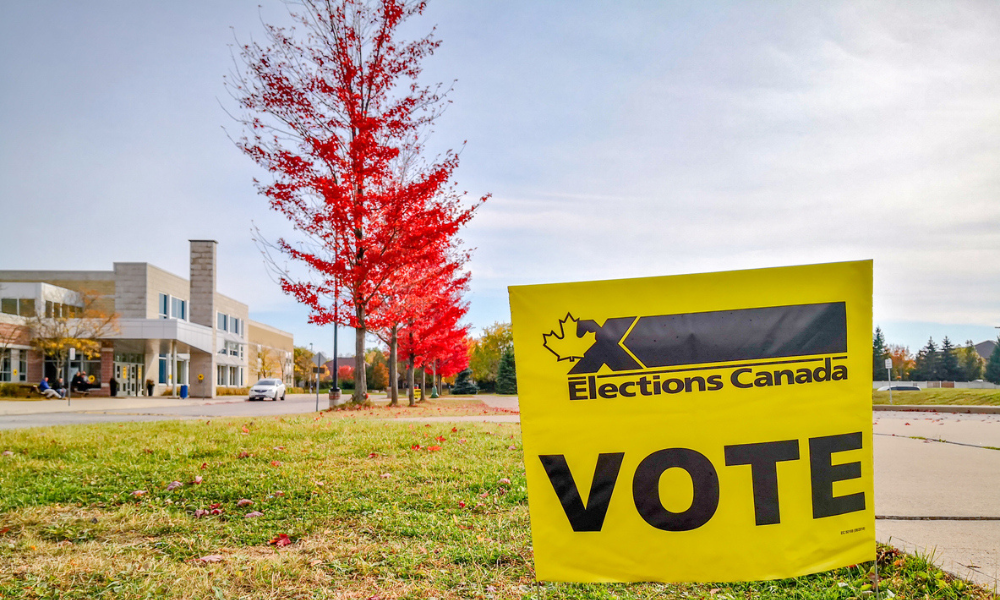A recent Court of Appeal decision clarifies the law around how the courts handle self-defence cases, say lawyers.
The Ontario Court of Appeal has ordered a new trial for Valter Cunha, who was convicted for shooting another man twice, but claimed he was acting in self-defence.
In R. v. Cunha, Justice Peter Lauwers said the court found that the trial judge’s analysis was deeply flawed as it “paid little regard to the overall evidence, but focused excessively on whether Mr. Cunha was a credible witness.”
Most Read
Cunha made a split-second decision to shoot the man after an altercation in his building, according to the decision. The man had his back to Cunha, who had told the man to freeze. The man began to turn around and Cunha shot him.
The trial judge dismissed Cunha’s testimony where witnesses could not verify his account, but Lauwers said this analysis was unreasonable. In the appeal decision, he stated:
The court must be alive to the fact that people in stressful and dangerous situations do not have time for subtle reflection.”
Lauwers said the trial judge “artificially separated out the sequence of events.”
Cunha’s defence lawyer, Michael Dineen says the way the trial judge scrutinized Cunha’s statements and analyzed the events was unfair.
“That’s just the wrong way to look at this,” says Dineen.
“People in that sort of life-and-death situation have to be given some leeway before we’re going to impose criminal liability on them for split second decisions.”
Dan Stein, a criminal defence lawyer says it is important for trial judges and juries to put themselves in the shoes of the accused.
“It reaffirms that people who are in a position where they feel they have to defend themselves aren’t required to take absolutely every step in a very measured way,” Stein says of the decision.
“There’s some understanding that in the heat of the moment, people will do what’s necessary to defend themselves, which in retrospect might not be reasonable simply because at the time they were afraid for their lives.”
Lauwers found the trial judge also made inconsistent findings with respect to Cunha’s state of mind.
Cunha had said he did not know whether the man was armed, but feared he was. The trial judge said he was left with a reasonable doubt about whether Cunha felt afraid that the man was armed, but then later said that Cunha did not believe the man was using or threatening force against him.
Lauwers said that overall the trial judge failed to take into account the situation from Cunha’s perspective and that he artificially separated related events.
“This case reaffirms the principle that life has to be analyzed as a flowing narrative that can’t be reduced to a freeze-frame analysis,” says criminal trial lawyer Sam Goldsmith.










